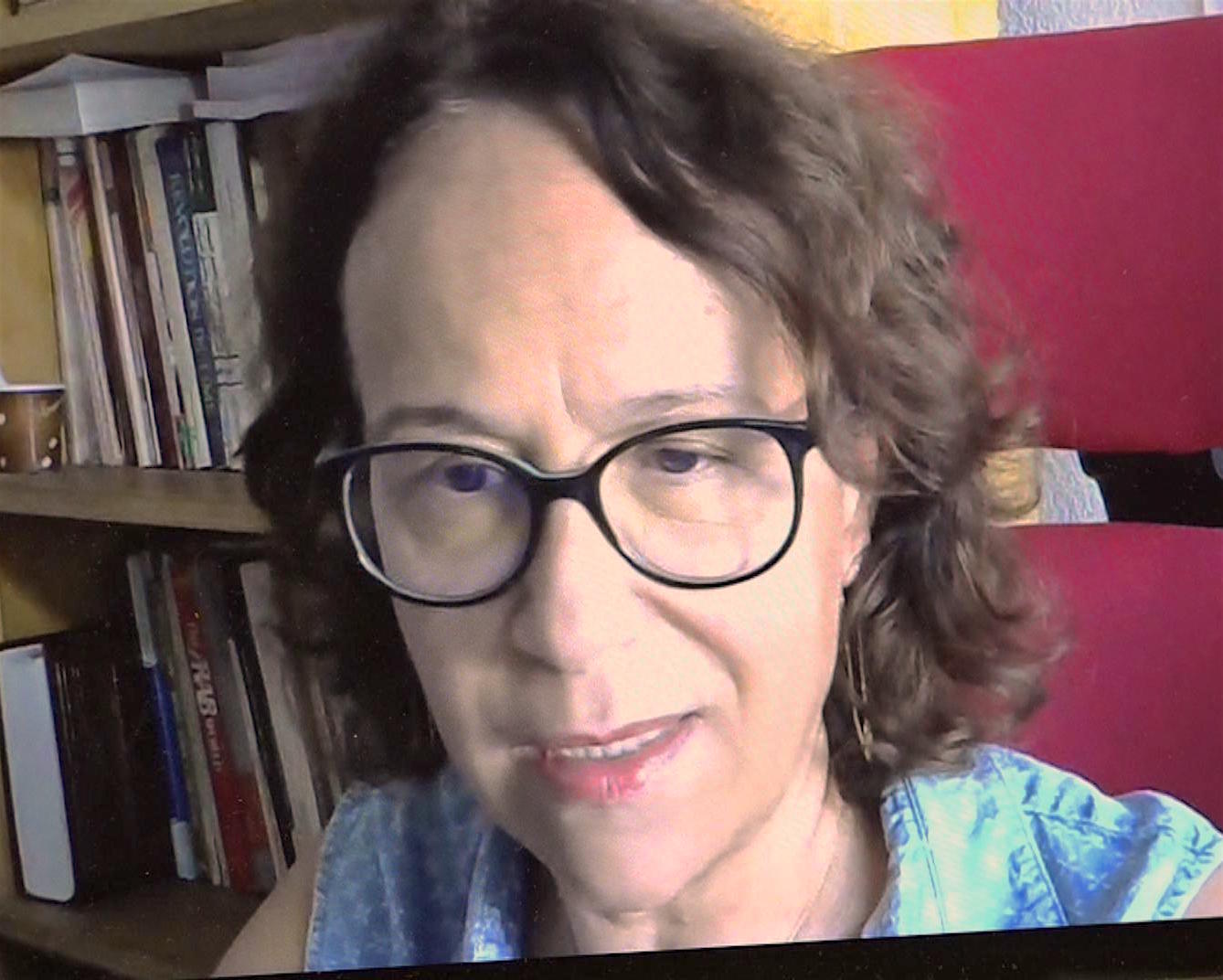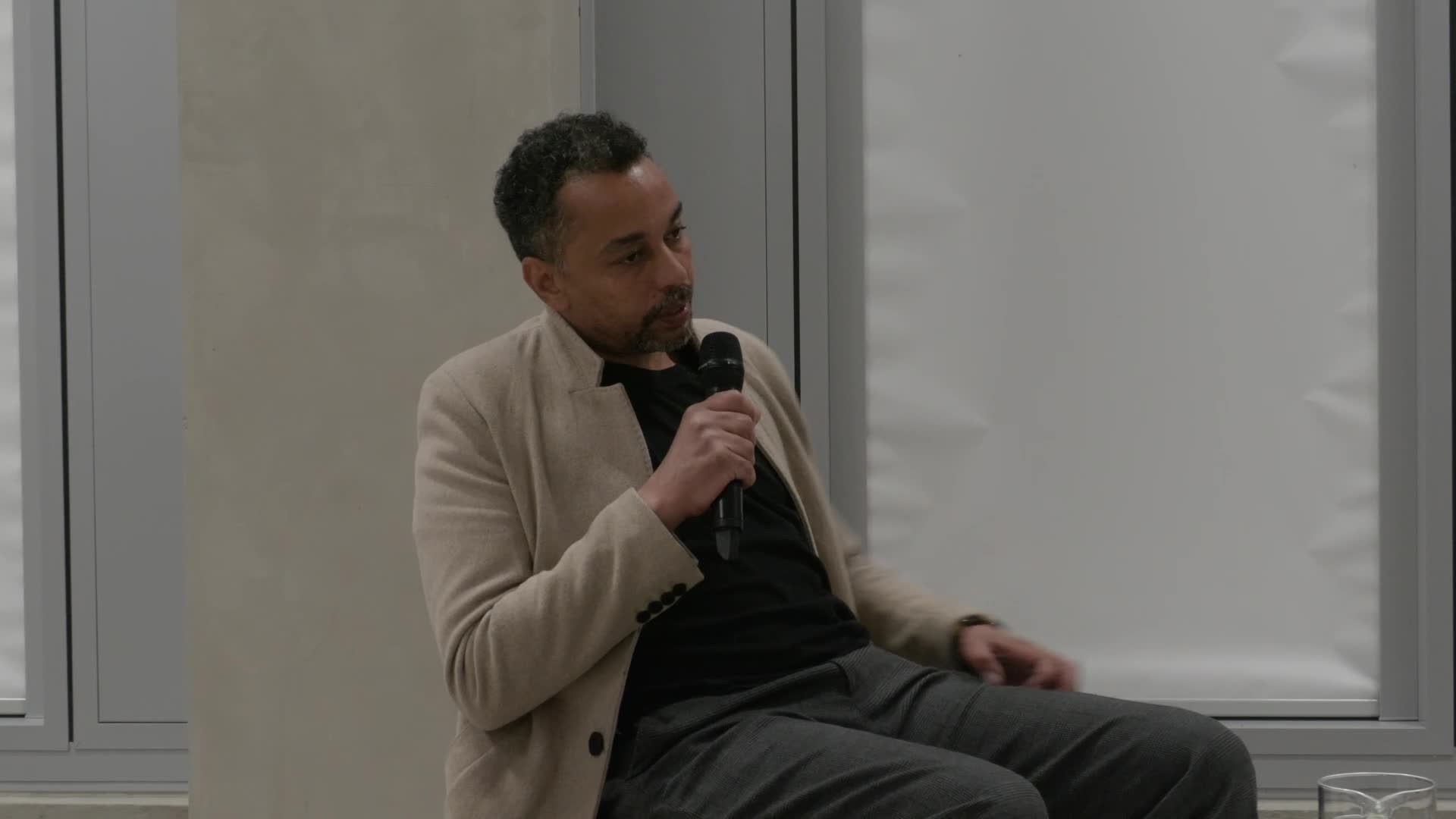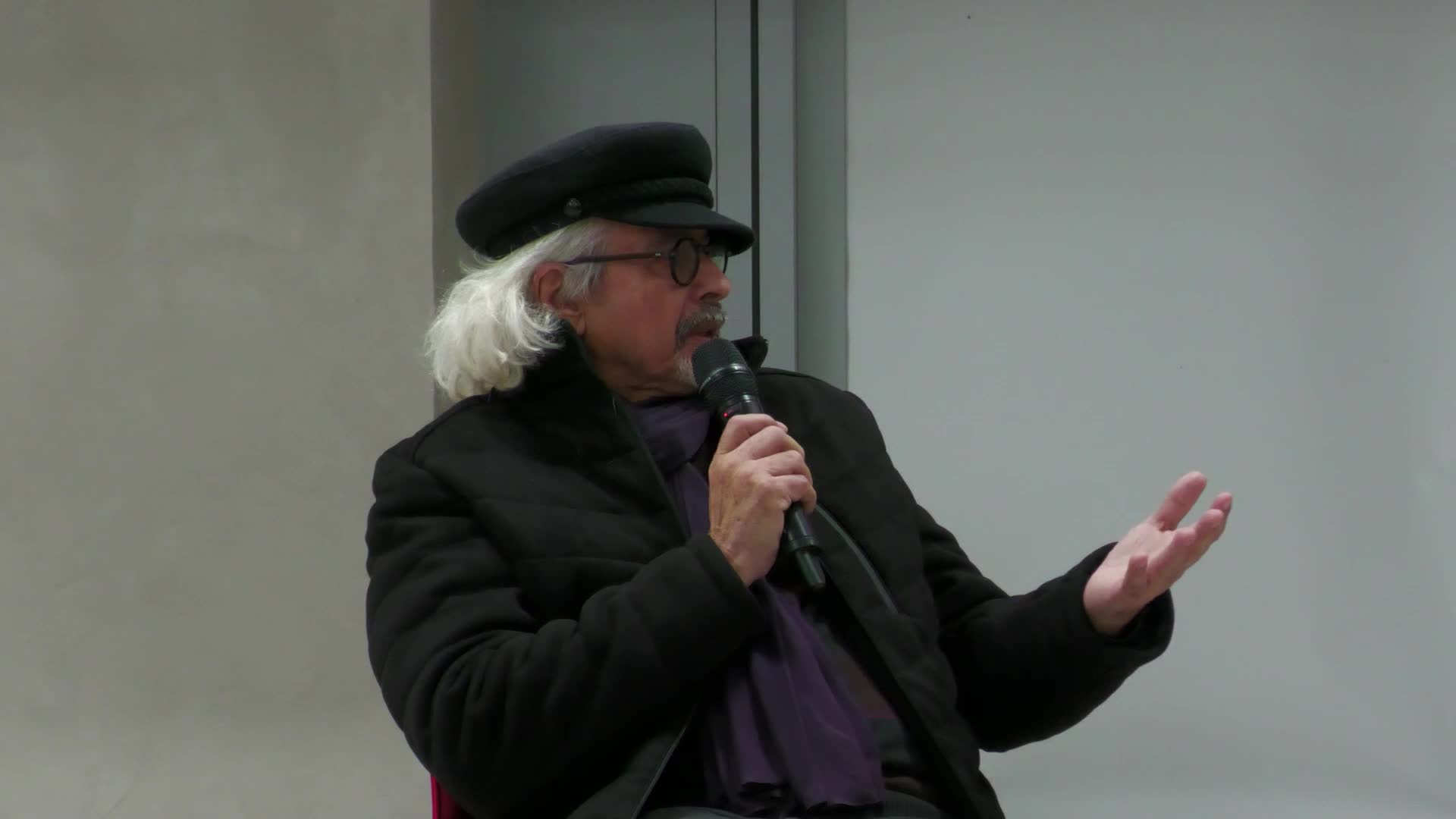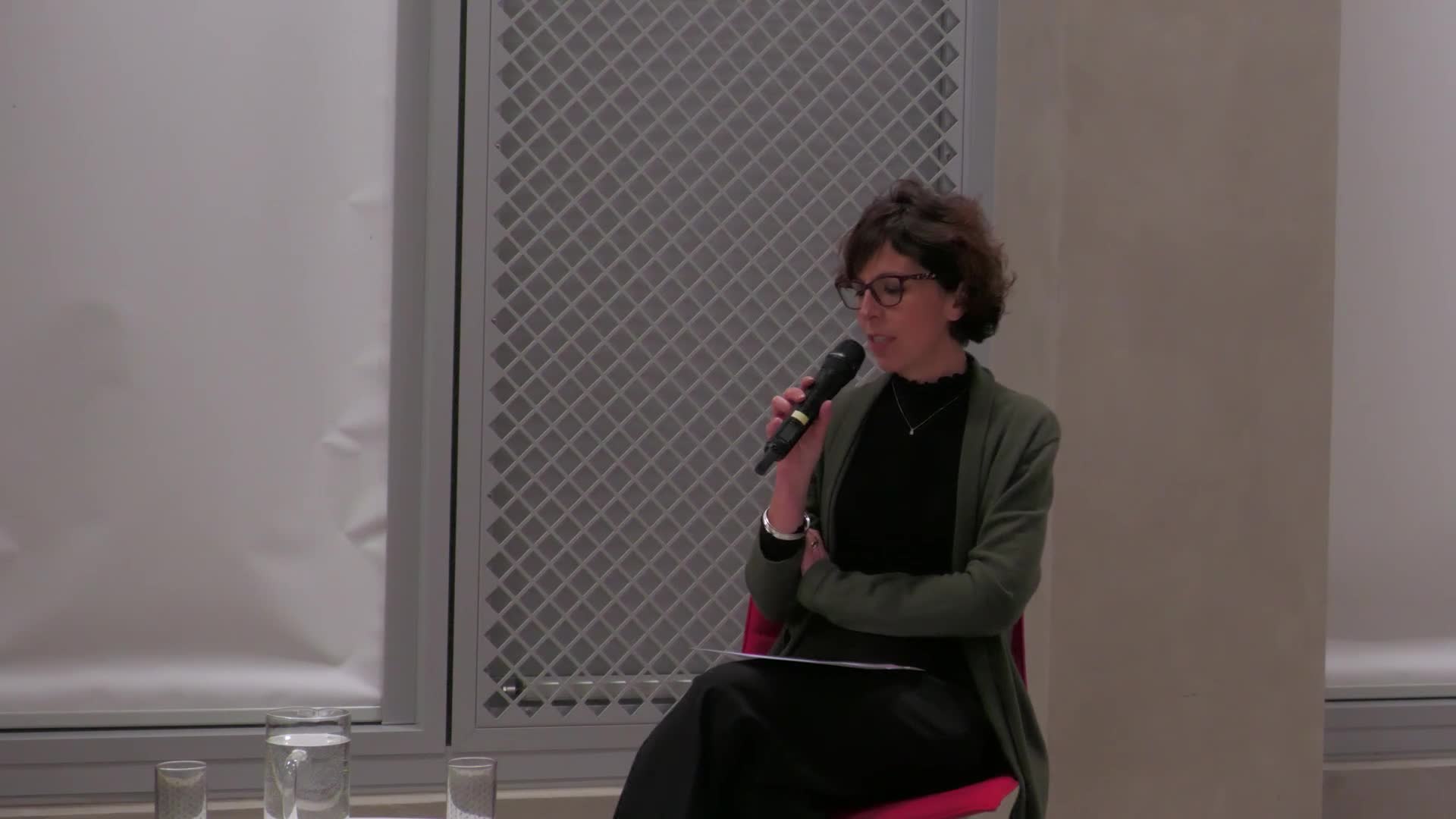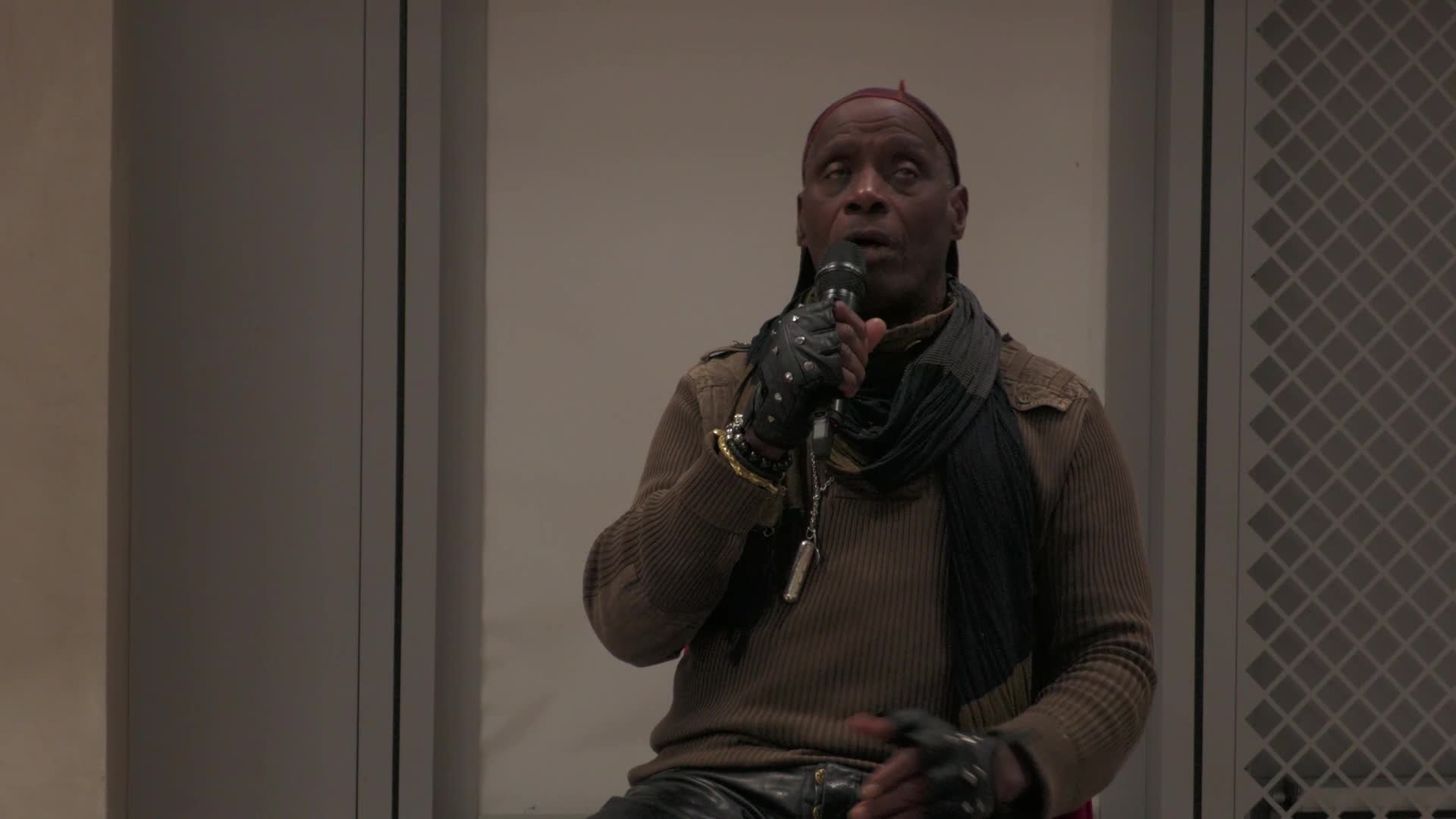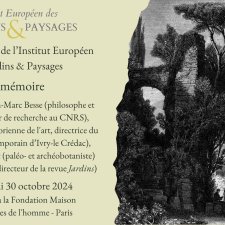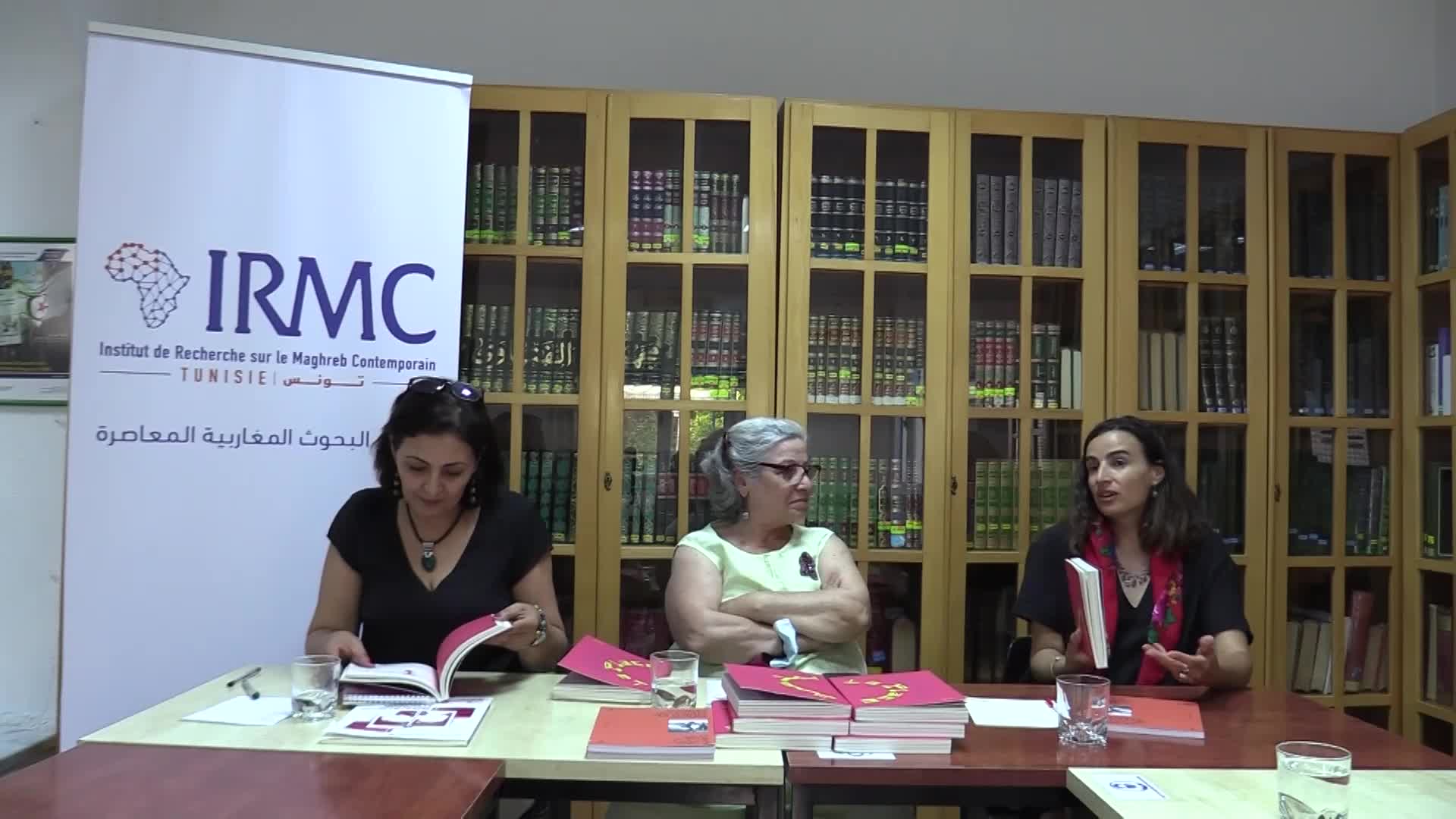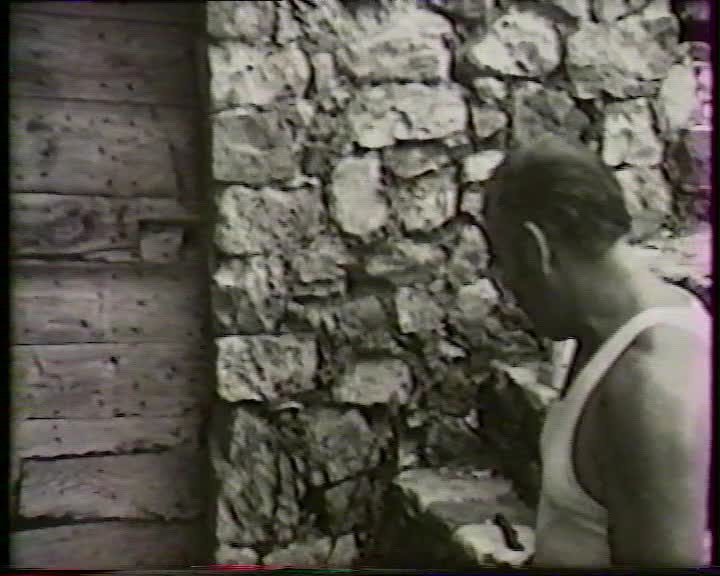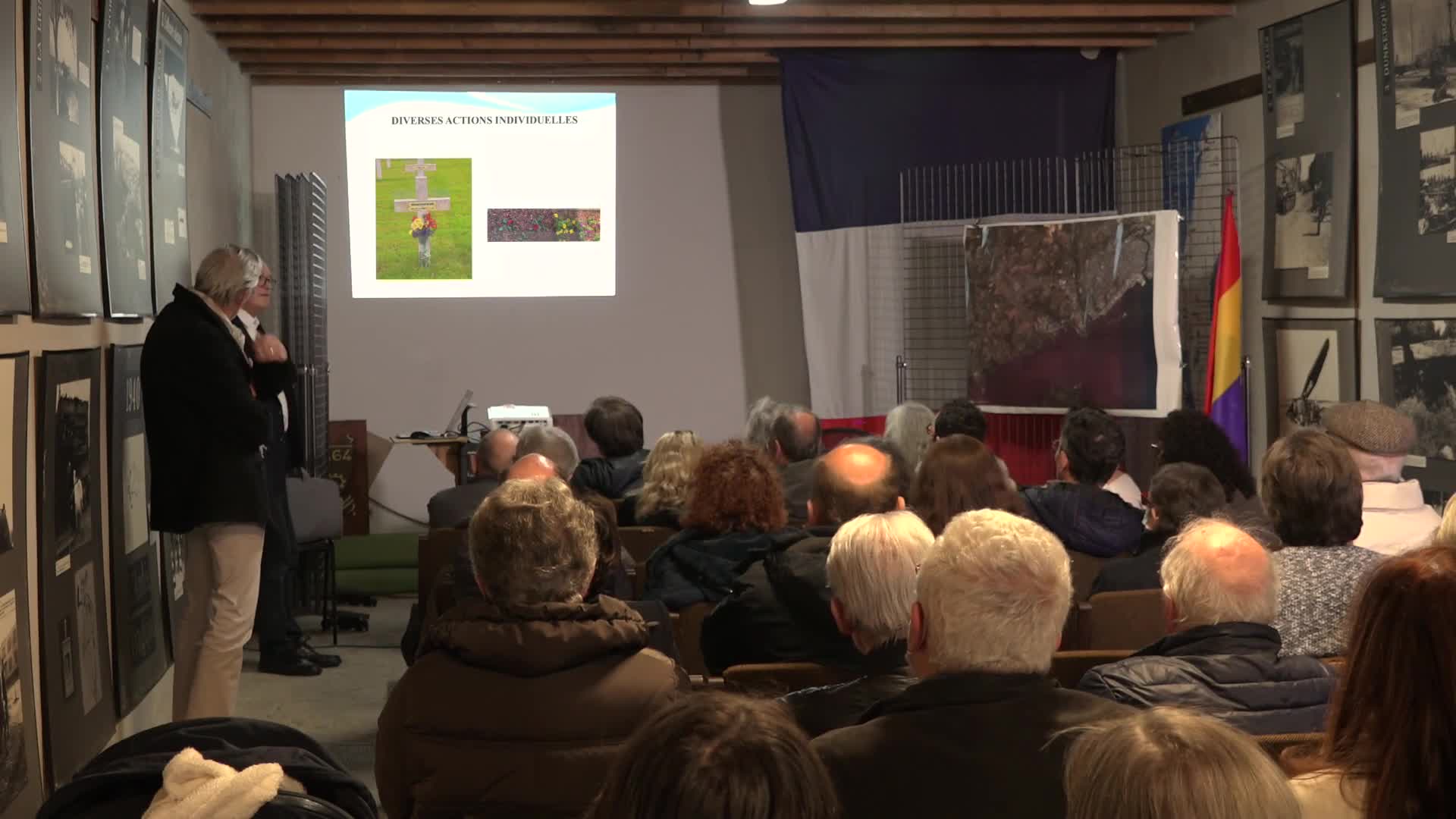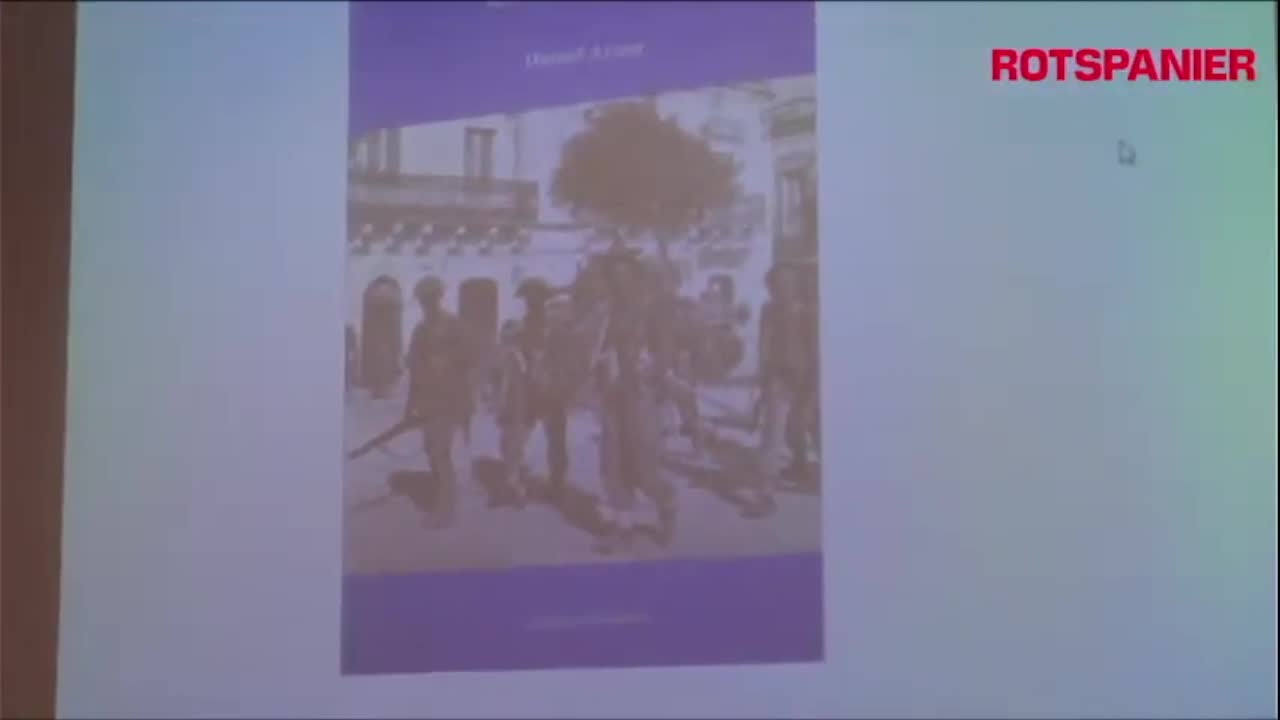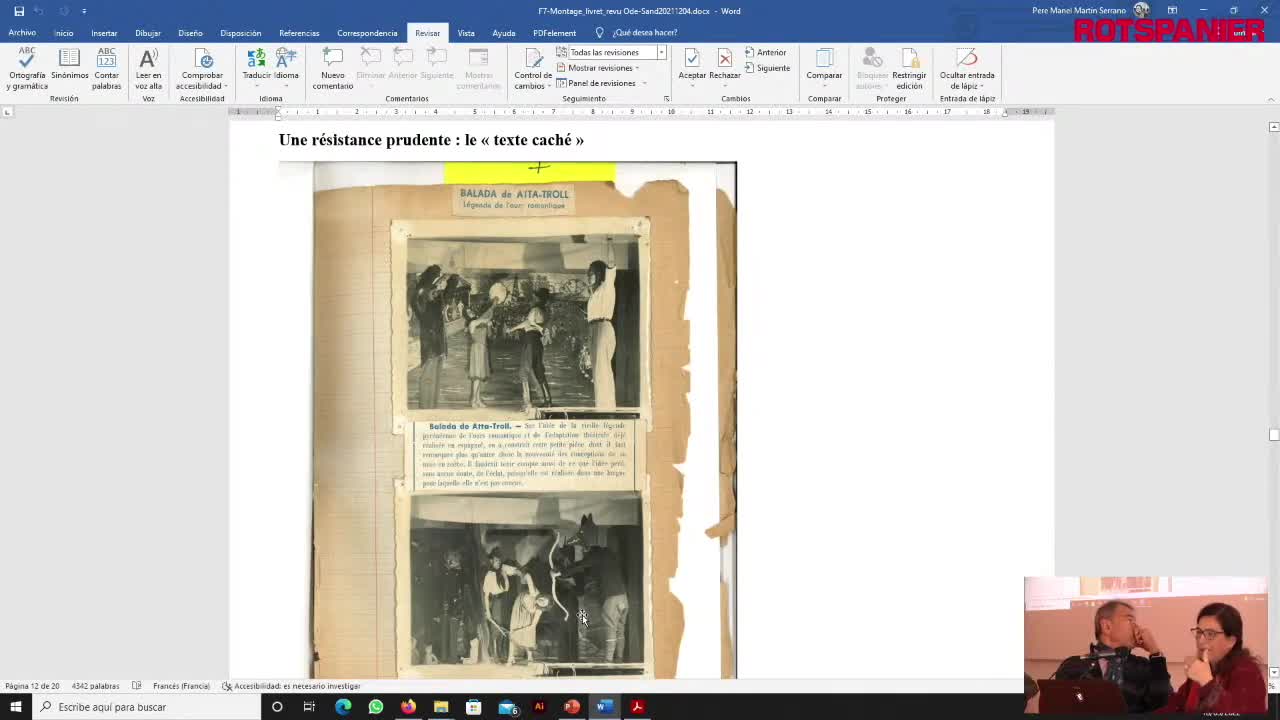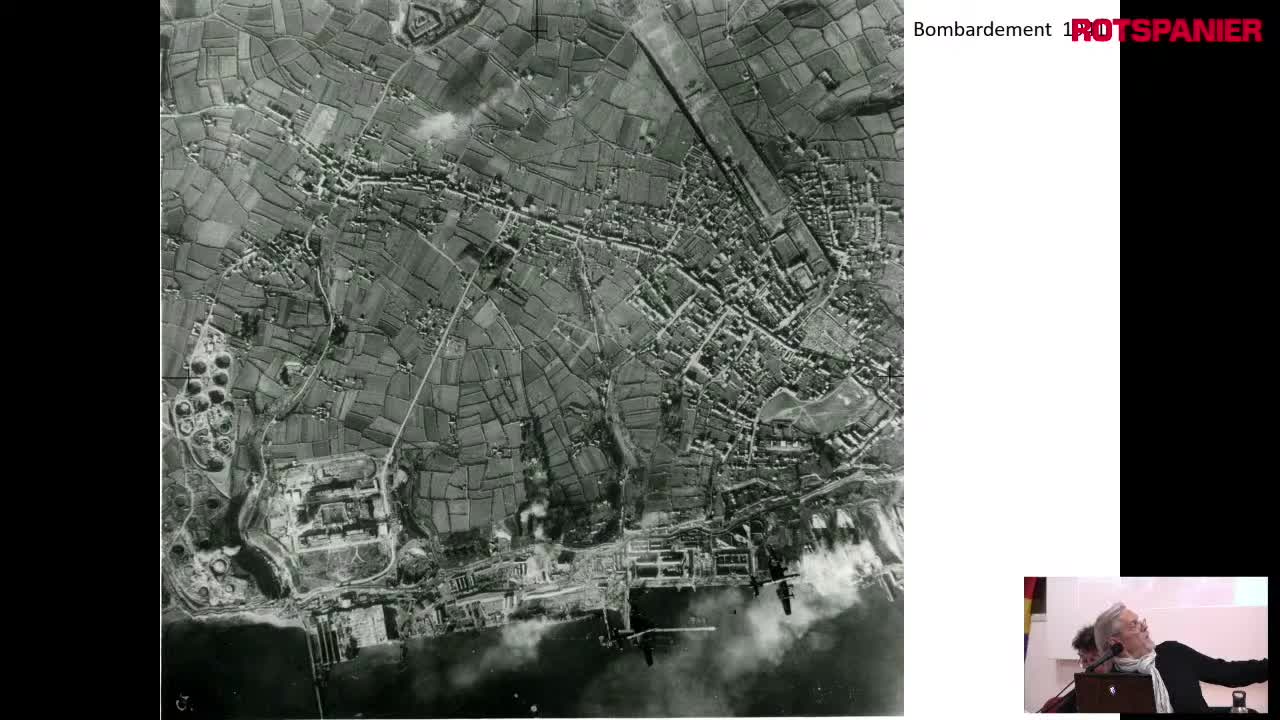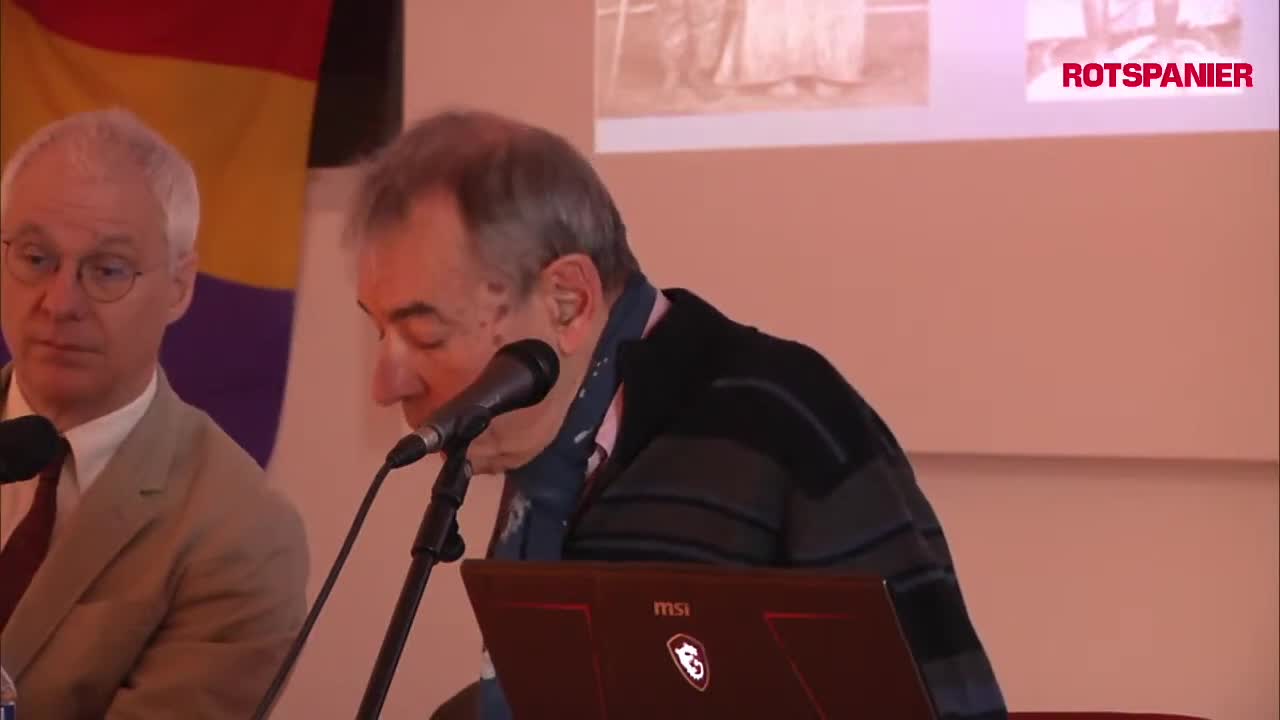Notice
Bruxelles
New-Left Mobility, Southern Agency, and North-African Immigration: Blind Spots in the Memory of Pro-Palestinian Activism in Belgium
- document 1 document 2 document 3
- niveau 1 niveau 2 niveau 3
Descriptif
Only recently has the historiography of the post-May 1968 years started to break free from their former protagonists' influence, especially those who remained in the spotlight, most of whom were men. The Palestinian revolution, in particular, stands very awkwardly in the memory of these years, because of its entanglement with the "Jewish question" and the Christians' interest in the Holy Land. In Belgium, there are mainly two types of narrative available to analyze such intricate features. On the one hand, a hagiography of the martyr Naïm Khader, murdered in Ixelles in 1981, with a strong emphasis on his inclination to dialogue. On the other hand, as a counterpoint, a general account of radical left groups whose action, as promoted by a rebellious and marginalized youth, is often deemed irrelevant. In between the two types of narrative are several blind spots: for one, how does the Palestinian cause fit more broadly into the tri-continental struggles that also inspired protest in the West? Can the contribution of "leftist splinter groups," while in contact with fighting parties in Africa and the Mashreq, be altogether disregarded? Finally, can we ignore their attempts to extend the so-called revolutionary "Storm Zone" to the working-class districts of Brussels and Antwerp where lived an immigrant population of Arab-Turkish origin? In this communication, I question what other sources can open us up to these more transversal aspects of the early 1970s.
Panel 5: Mémoires palestiniennes entre activisme et luttes transnationales
Discutant : Omar Jabary Salamanca (Ghent University, Ghent)
Intervention / Responsable scientifique
Dans la même collection
-
‘J’étais si jeune’: émotions, récits et mémoires intimes de la révolution tunisienne (2010-2011).
Huit ans après la révolution du 14 janvier 2011, les jeunes tunisiens retournent avec leur mémoire sur les événements révolutionnaires qui, à partir du 17 décembre 2010, ont affecté leur vie, leur
-
Space, Place and Dreams in Memories and Narratives of Urban Activists in Beirut.
AbiraadHélène MarieIn this paper, I explore the agency of urban activists within memorialisation processes and urban changes in Beirut. I look at how, by contesting and reclaiming space and place, urban activists
-
Discours de bienvenue
BouffierSophieSfeirJihaneDiscours de bienvenue à la double journée d'études "Mémoire(s) et circulation de la mémoire en Méditerranée". Ces journées d'études veulent donner l'opportunité d'engager des réflexions
-
Renouer avec l’histoire et apaiser ses violences. Ce que nous disent les mobilisations citoyennes e…
DirecheKarimaL’Algérie, depuis le 22 février dernier, nous livre une chorégraphie contestataire absolument inédite avec des mobilisations citoyennes gigantesques sur tout le territoire pour réclamer le départ des
-
Before the 14th. Archives de la Révolution. Une expérience pédagogique
بندانةقمرJe fais partie du comité scientifique et éditorial d’un projet d’archivage de documents numériques de la Révolution tunisienne. Ce projet a démarré en 2015 à l’initiative d’un sociologue de la
-
Concluding Remarks.
ProglioGabrieleRemarques conclusives sur la double journée d'études Mémoir(s) et circulation de la mémoire en Méditerranée.
-
« I am the martyr » : Analysing Egyptian martyrdom through street art and graffiti (2012-2014)
GibrilSuzanFollowing the Egyptian uprisings of 2011, one witnessed a progressive yet steady destruction and closing down of spaces and channels of protest. Activists and social actors having witnessed the
-
On memory and violence in the Middle East
IsmailSalwaConférence inaugurale de la double journée d'étude "Mémoire(s) et circulation de la mémoire en Méditerranée".
-
Enemies of the Revolution: Violence, Fear and Surveillance under ‘al Jamahiriyah’
CapassoMatteoThis paper draws on the collection of oral histories on the everyday lives of Libyans during the Libyan Arab al-Jamahiriyah.
-
La place de l’ ‘archive orale’ dans l’histoire et la mémoire palestinienne.
SfeirJihaneL'histoire de la Palestine moderne s'inscrit dans le cadre d'une temporalité longue et d'un espace unifié : le Moyen-Orient arabe, gouverné par les Ottomans, puis sous domination britannique. Mais cet
-
Memories of Transnational Activism: Palestinian-Danish Relations in the Radical Left
HaugbolleSuneThis paper explores how we can study the political commitment, ideology and entanglement of differently situated activists during the Third Worldist era through memories of the involved. Its focus is
Sur le même thème
-
Ciné-dialogues Afrique 2024-2025 – Séance 6/8 – Talking about Trees (2019) de Suhaib Gasmelbari + J…
BruzzoneAnnaGasmelbariSuhaibCiné-dialogues Afrique 2024-2025 – Séance 6/8 – Talking about Trees (2019) de Suhaib Gasmelbari + Jamal (1981) d’Ibrahim Shaddad. Dialogue entre Suhaib Gasmelbari et Anna Bruzzone.
-
Ciné-dialogues Afrique 2024-2025 – Séance 4/8 – Par où commencer ? (2014) de Nacer Khemir. Dialogue…
BruzzoneAnnaKhémirNacerCiné-dialogues Afrique 2024-2025 – Séance 4/8 – Par où commencer ? (2014) de Nacer Khemir. Dialogue entre Nacer Khemir et Anna Bruzzone.
-
Ciné-dialogues Afrique 2024-2025. Séance 3/8 : Sarraounia (1986) de Med Hondo. Dialogue entre Abdou…
BruzzoneAnnaWarAbdoul AliCiné-dialogues Afrique 21-01-25
-
Ciné-dialogues Afrique - Deuxième séance - Camp de Thiaroye (1988) d’Ousmane Sembene et Thierno Fat…
BakabaSidiki S.BruzzoneAnnaCiné-dialogues Afrique - Deuxième séance - Camp de Thiaroye (1988) d’Ousmane Sembene et Thierno Faty Sow
-
Les Rencontres de l'Institut Européen des Jardins et Paysages
MartellaMarcoBesseJean-MarcLe RestifClaireThiébaultStéphanieRencontre du 30 octobre 2024. La mémoire
-
Conférence "Archives, mémoires et transmissions des luttes féministes"
MatriKhaoulaبندانةقمرL'IRMC a invité l'Anthropologue et militante féministe Saadia Gacem, qui a donné une conférence sur les "Archives, mémoires et transmissions des luttes féministes", en discussion avec Kmar Bendana et
-
Le Temps d'une Fête - Rites et Mémoires
AccollaPatrickGeffroyYannickFête Patronale du village d'Utelle, filmée les 15,16 et 17 août par Patrick Accolla et Yannick Geffroy.
-
Dix ans de MERE 29 et Hommage aux républicains espagnols
López CabelloIvánSala-PalaJeanIII Colloque international " Républicain.e.s espagnol.e.s exilé.e.s pendant la Seconde Guerre mondiale : travail forcé et résistances. Rotspanier, 80 ans après ". Brest, 17-19 mars 2022. - Dix ans de
-
Mémoire de l’exil des républicain.es espagnol.es dans le littoral atlantique français pendant la…
López CabelloIvánVigourouxHuguesGarciaGabrielleCarrionArmelleLuisGarrido OrozcoFernandezCarlosRuizJoséIII Colloque international "Républicain.e.s espagnol.e.s exilé.e.s pendant la Seconde Guerre mondiale : travail forcé et résistances. Rotspanier, 80 ans après », Brest, 17-19 mars 2022.- Séance :
-
Projets éditoriaux - Républicain.e.s espagnol.e.s exilé.e.s pendant la Seconde Guerre mondiale
López CabelloIvánMartinez-MalerOdetteAdámez CastroGuadalupeNaharro-CalderónJosé MaríaIII Colloque international " Républicain•e•s espagnol•e•s exilé•e•s pendant la Seconde Guerre mondiale : travail forcé et résistances ". Brest, 17-19 mars 2022 - Projets éditoriaux (Brest, 18 mars
-
Rotspanier, 80 ans après (partie 1)
López CabelloIvánVigourouxHuguesAllende Santa CruzClaudineIII Colloque international " Républicain•es espagnol•es exilé•es pendant la Seconde Guerre mondiale : travail forcé et résistances. Rotspanier, 80 ans après ". Brest, 17-19 mars 2022. - Séance :
-
Chronotopes pestiférés ; entre barbelés et exils
López CabelloIvánNaharro-CalderónJosé MaríaIII Colloque international " Républicain•e•s espagnol•e•s exilé•e•s pendant la Seconde Guerre mondiale : travail forcé et résistances ". Brest, 17-19 mars 2022. - Conférence : José María Naharro




